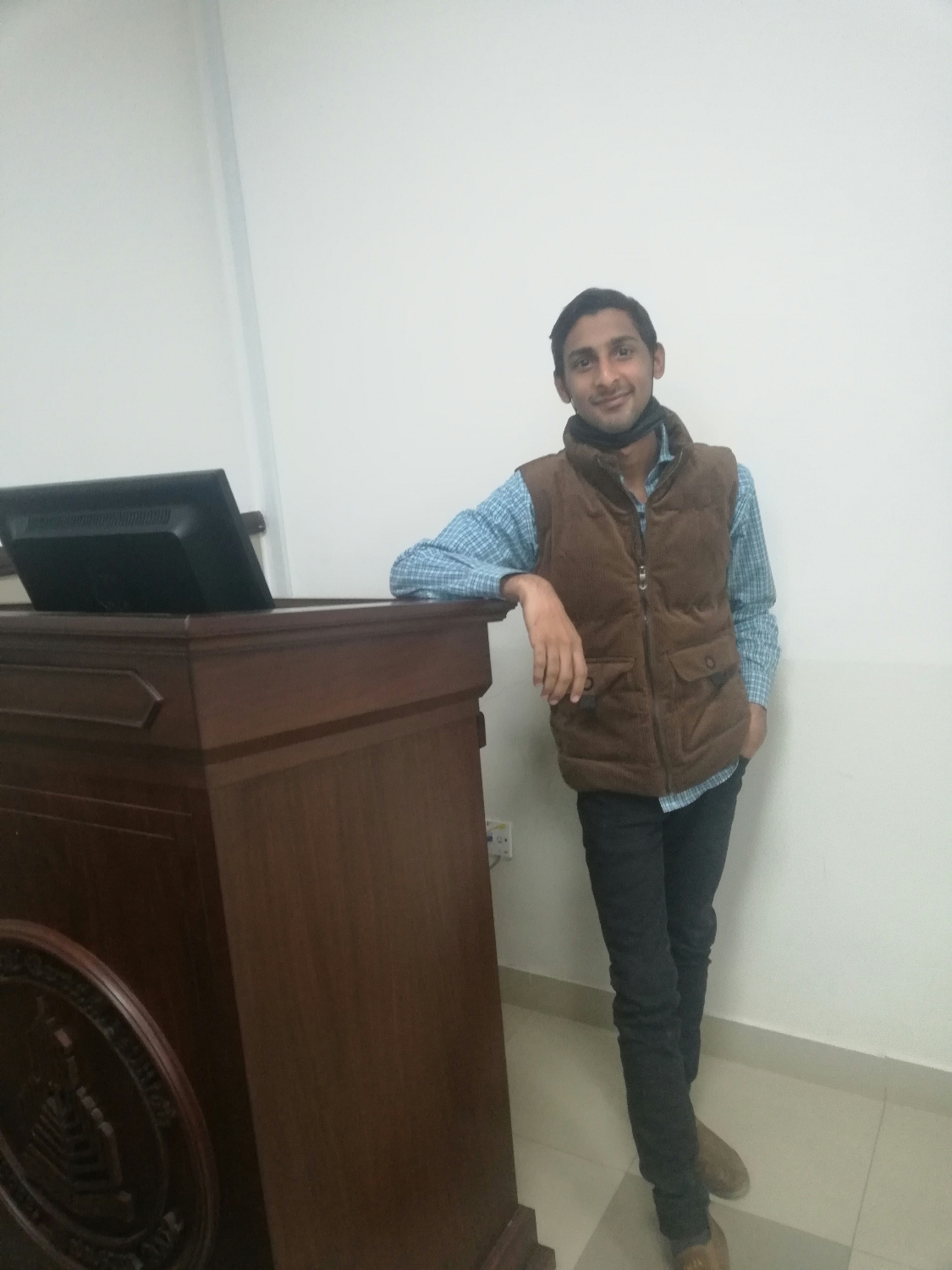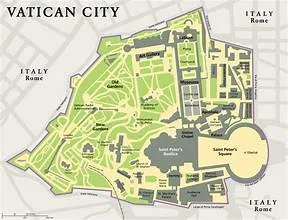How was Europe defeated by the church Monopoly?
- Musleh Saadi

- Jul 27, 2024
- 4 min read
Updated: Oct 4
I will try to cover a wide range of historical and religious topics. Let me provide brief overviews of each to address your inquiries:
Church Monopoly and the Defeat of Europe: There isn’t a clear historical context where the Church defeated Europe. However, during the Middle Ages, the Catholic Church held significant power and influence in various European countries. This influence was both spiritual and political, and at times, it led to conflicts with secular rulers. Moreover, the Church’s monopoly in Europe was challenged and eventually broken during the Reformation, a significant movement in the 16th century. The Reformation, led by figures such as Martin Luther, sought to reform the Catholic Church and ultimately led to the creation of Protestant churches. The Reformation was driven by various factors, including theological disagreements, corruption within the Church, and the desire for religious and economic independence. Those who questioned the authority of the Church were either silenced or killed and the houses in which there were books of Aristotle, Socrates or Plato or philosophers like them, which were a source of thought or understanding for people, would be set on fire and those people would be caught and punished.

In addition, the Church’s monopoly was based on its extensive land ownership, economic power, and control over religious life. The Church owned a significant portion of cultivated land in Western Europe, which contributed to its economic and political influence. Additionally, the Church’s control over religious practices, such as the sale of indulgences, and its close relationship with secular authorities, reinforced its monopoly over spiritual life. The Reformation challenged the Church’s monopoly through the promotion of alternative religious doctrines and the rejection of clerical authority. Protestants, including Lutherans, Calvinists, and others, emphasized the authority of the Bible and the direct relationship between individuals and God, bypassing the need for an intermediary priesthood. This rejection of the clerics’ monopoly of public ministry and the sale of indulgences was a central aspect of the Reformation.
2. Protestants, Catholics, and Orthodox:Catholics: The Catholic Church, led by the Pope, is the largest Christian denomination. It has a hierarchical structure and follows the teachings of the Bible and traditions.Protestants: The Protestant Reformation in the 16th century led to the formation of various Protestant denominations. Protestants reject the authority of the Pope, emphasizing the authority of the Bible.Orthodox: The Eastern Orthodox Church split from the Roman Catholic Church in 1054. It has its traditions and leadership, with the Patriarch of Constantinople considered the “first among equals.” (St Petersburg, Russia)

3. Renaissance age:The Renaissance was a cultural and intellectual movement in Europe during the 14th-17th centuries. It marked a revival of interest in classical art, literature, and learning, contributing to the shift from medieval to modern thinking. Furthermore, It’s an age of enlightenment, revival, and chivalry, and it’s an age of intentions. It’s anage of 1300, European Rulers ganiel, authorities, optimism they gained more. It was an age ofthe Renaissance the clock, the printing press, and Columbus came here in the world. Its the Renaissance age Catholic church came and the catholic church was the ultimate authority, elizbathen age, this age is also known as William Shakespeare ago, In 1453 Sultan Muhammad-2nd of the Ottoman Empire won the war and captured on Constantinople, Which related ideas in Which you are celebrating Humanity. (Humanism). This is the Renaissance age, and Proof That some special person and things came in The Renaissance age who changed for the all of world.

4. Vatican Land Ownership Conflict:As of my last knowledge update in January 2022, I’m not aware of any significant land ownership conflicts between the Italian government and the Vatican. The Vatican City is a sovereign city-state surrounded by Rome, and its status is governed by the Lateran Treaty of 1929. However, The conflict over the Church’s land ownership, particularly in the Papal States, led to tensions between the Italian government and the Church. This conflict was a significant factor in the unification of Italy in the 19th century, as the Italian government sought to assert its authority over the Papal States, leading to the loss of the Church’s temporal power and the establishment of Vatican City as an independent state.

5. Martin Luther King JrMartin Luther King Jr. was a prominent American civil rights leader who advocated for nonviolent resistance to racial segregation and discrimination. He played a key role in the American civil rights movement and is best known for his role in the advancement of civil rights using nonviolent civil disobedience. Luther raises the question, What is the principle and the rule/law of this world that you give money to the Pope/church to settle your sins, i.e. get your hereafter better? Not only this, Luther also translated the Bible from Latin into German. Now people who used to go to church to understand the Bible began to read by themselves.

6. Church Selling “Tickets to Heaven”:This might be a reference to the historical practice of selling indulgences by the Catholic Church. During the Renaissance, the Church offered indulgences as a way for people to reduce the punishment for sins. This practice became controversial and was one of the issues that sparked the Protestant Reformation, particularly with Martin Luther’s 95 Theses in 1517. The story of the Church selling indulgences, often associated with the figure of Johann Tetzel, was a practice that sparked outrage and was a focal point of Martin Luther’s criticism of the Church. Indulgences were essentially “tickets to heaven” sold by the Church as a means of reducing the punishment for sins. Luther’s opposition to this practice was encapsulated in his 95 Theses, which he is said to have nailed to the door of the Castle Church in Wittenberg in 1517. This event is considered a key catalyst for the Reformation.

To sum-up my point, the Reformation, driven by theological, economic, and political factors, played a pivotal role in breaking the Church’s monopoly over spiritual life in Europe. The emergence of Protestant churches, the conflict over land ownership, and the rejection of the Church’s practices, such as the sale of indulgences, were central to this transformative period in European history.
References:
6. The Name of the Rose (https://youtu.be/qC9EG9Vh9CA?si=Hi7V4nZfktqwQhzL)
[1](https://papers.ssrn.com/sol3/papers.cfm?abstract_id=2675590)
[2](https://www.reddit.com/r/AskHistorians/comments/1sqnmf/how_did_the_church_become_europes_largest_land/)
[3](https://en.wikipedia.org/wiki/Decline_of_Christianity_in_the_Western_world)
[4](https://www.worldhistory.org/Medieval_Church/)
[5](https://politicalscience.stanford.edu/events/adam-smiths-industrial-organization-religion-explaining-medieval-churchs-monopoly-and-its-0)
[6](https://www.reddit.com/r/AskHistorians/comments/19isi7/why_did_europe_become_less_religious_over_time/)
[7](https://www.themontrealreview.com/2009/Economic-Origins-of-Roman-Christianity.php)
[8](https://www.cambridge.org/core/journals/american-political-science-review/article/tilly-goes-to-church-the-religious-and-medieval-roots-of-european-state-fragmentation/4EEE3598EF17E46DF0050C375C9FDD45)
[9](https://www.albalagh.net/kids/history/church_decline.shtml)
[10](https://study.com/academy/lesson/impact-of-the-protestant-reformation-on-the-study-of-history.html)
[11](https://norwegianscitechnews.com/2017/05/church-revolution-changed-europe/)
[12](https://www.pewresearch.org/religion/2019/04/30/in-western-european-countries-with-church-taxes-support-for-the-tradition-remains-strong/)
[13](https://dx.doi.org/10.7208/chicago/9780226200040.003.0008)
[14](https://en.wikipedia.org/wiki/Role_of_Christianity_in_civilization)
[15](https://brewminate.com/christianitys-decline-in-the-western-world-continues-at-more-rapid-pace/)
[16](https://www.asrec.org/wp-content/uploads/2015/10/1a.3-Pfaff-Corcoran-The-Political-Economy-of-the-Reformation.pdf)
[17](https://mises.org/mises-wire/how-rivalry-between-church-and-state-made-europe-more-wealthy-and-free)
[18](https://onlinelibrary.wiley.com/doi/10.1111/j.1749-8171.2010.00216.x)
[19](https://en.wikipedia.org/wiki/Church_and_state_in_medieval_Europe)
[20](https://www.reddit.com/r/AskHistorians/comments/10mg6g/when_did_europe_begin_its_shift_away_from/)



👍
Good Keep it up